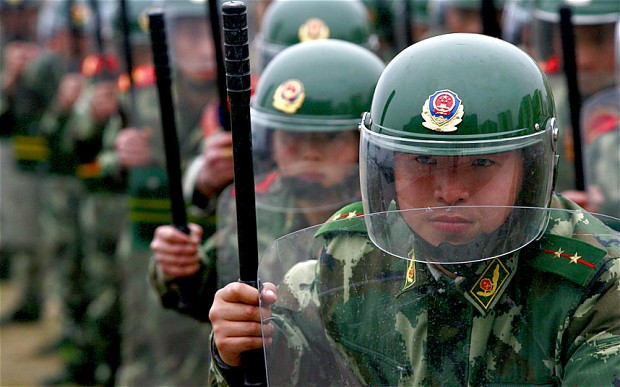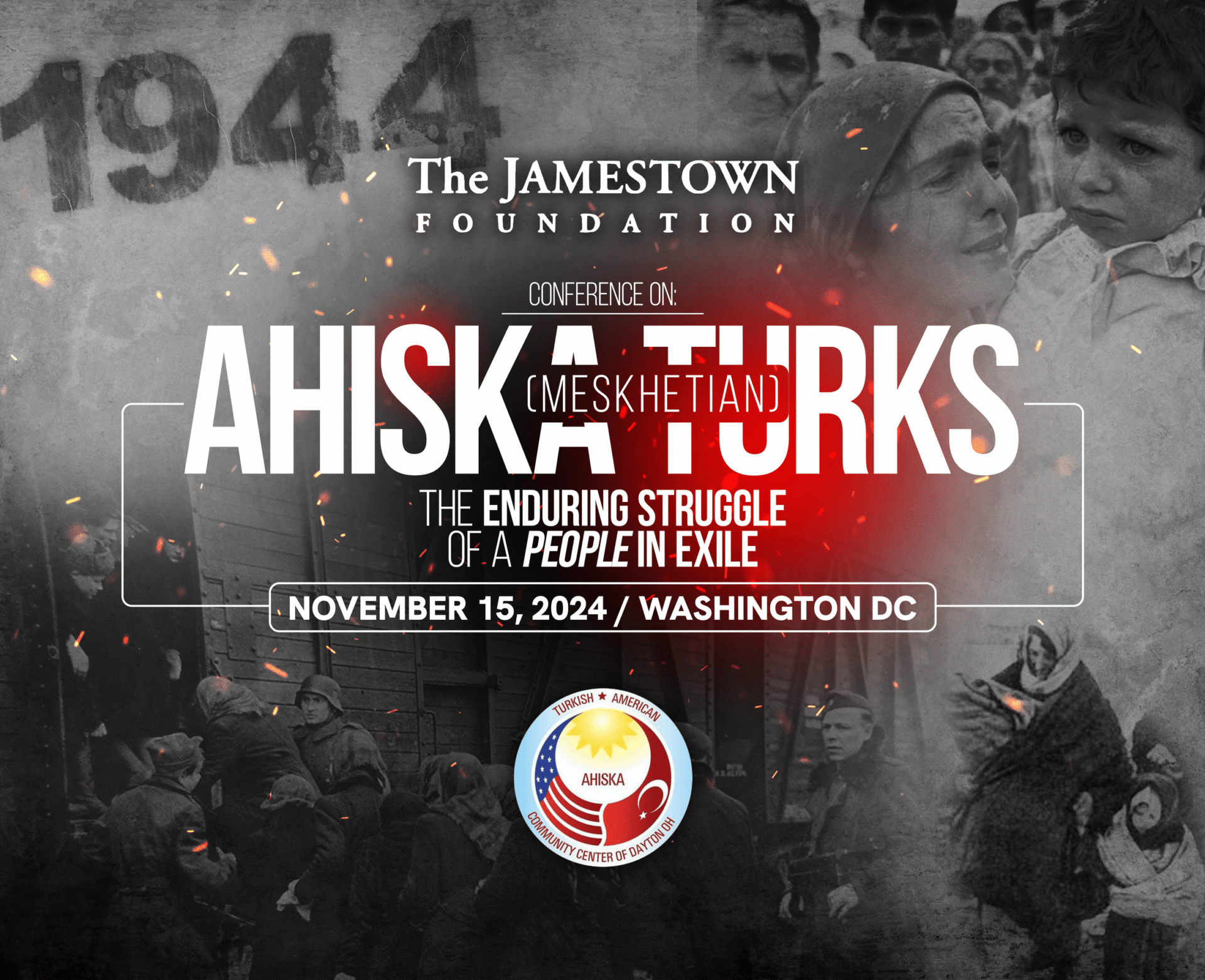
Watch the Video: Broken Rings: Xinjiang and Tibet on the Eve of the Olympics
Watch the Video: Broken Rings: Xinjiang and Tibet on the Eve of the Olympics
On February 2, the Jamestown Foundation held a webinar on Broken Rings: Xinjiang and Tibet on the Eve of the Olympics, which featured Adrian Zenz, Senior Fellow in China Studies, Victims of Communism Memorial Foundation; and Lhadon Tethong, Director, Tibet Action Institute.
The 2022 Beijing Winter Olympics have been shrouded in controversy due to the People’s Republic of China’s (PRC) poor human rights record, particularly its repression of Uyghurs, Tibetans and other ethnic minority groups. The U.S. has announced a diplomatic boycott of the Olympics, which the White House has attributed to “the PRC’s egregious human rights abuses and atrocities in Xinjiang” and other regions.
In Tibet, Xinjiang, and elsewhere in the PRC, ethnic minorities have been subject to mass surveillance, cultural and religious persecution, and the eradication of their native cultures and languages from public life. Under Xi Jinping, the Chinese government has implemented a sweeping ethnic “re-education” program, which has resulted in mass detention, forced labor, torture, separation of children from their families, forced abortion and sterilization, and other atrocities against Uyghurs, other Turkic Muslims, and Tibetans. Despite survivor accounts and highly credible evidence unearthed by international experts, particularly Dr. Adrian Zenz, the Chinese government has aggressively denied the existence of internment camps in Xinjiang. Nevertheless, 39 UN member countries recently issued a joint statement expressing their concern over widespread human rights violations in Xinjiang and Tibet, and a growing number of countries in Europe and the Asia-Pacific have joined the U.S. in staging diplomatic boycotts of the Olympics.
Featuring
Adrian Zenz
Senior Fellow in China Studies, Victims of Communism Memorial Foundation
Lhadon Tethong
Director, Tibet Action Institute
Moderator
John S. Van Oudenaren
Editor-in-Chief, China Brief; China Program Manager, The Jamestown Foundation
Participant Biographies
Adrian Zenz is a Senior Fellow in China Studies at the Victims of Communism Memorial Foundation, Washington, D.C. (non-resident), and supervises PhD students at the European School of Culture and Theology, Korntal, Germany. His research focus is on China’s ethnic policy, public recruitment in Tibet and Xinjiang, Beijing’s internment campaign in Xinjiang, and China’s domestic security budgets. Dr. Zenz is the author of Tibetanness under Threat and co-editor of Mapping Amdo: Dynamics of Change. He has played a leading role in the analysis of leaked Chinese government documents, to include the “China Cables” and the “Karakax List.” Dr. Zenz is an advisor to the Inter-Parliamentary Alliance on China, and a frequent contributor to the international media.
Lhadon Tethong is the Director of Tibet Action Institute and Co-Chair of the International Tibet Network, the global coalition of Tibet-related non-governmental organizations. She leads a team of technologists and human rights advocates in developing and advancing open-source communication technologies, nonviolent strategies, and innovative training programs for Tibetans and other groups facing heavy repression and human rights abuses. Ms. Lhadon Tethong was the Executive Director of Students for a Free Tibet, where she worked from 1999-2009, and a key leader in the global campaign to expose China’s repression in Tibet in the lead-up to, and during, the 2008 Beijing Olympic Games. She received the first annual James Lawson Award for Nonviolent Achievement from the International Center on Nonviolent Conflict in 2011.


